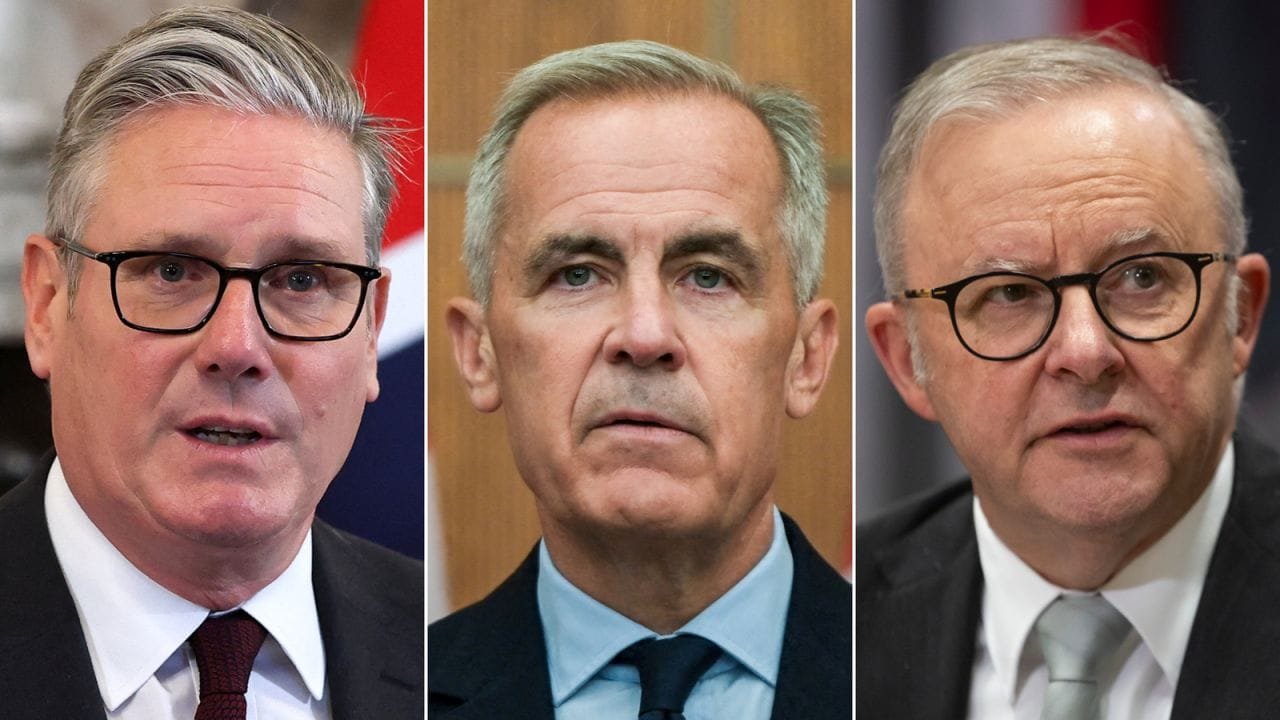UK, Canada and Australia officially recognised the State of Palestine on Sunday, 21 September, in a coordinated diplomatic move marking a major shift in Western foreign policy, especially among long-time allies of Israel.
UK Prime Minister Keir Starmer said the recognition came “in the face of the growing horror in the Middle East” and was intended “to keep alive the possibility of peace and the two-state solution,” emphasizing that the goal is “a safe and secure Israel alongside a viable Palestinian state.” Canadian Prime Minister Mark Carney similarly pledged partnership “in building the promise of a peaceful future for both the State of Palestine and the State of Israel,” while ensuring that the recognition does not legitimise terrorism nor reward it.
Australian Prime Minister Anthony Albanese affirmed that Australia formally recognises Palestine as an “independent and sovereign State,” as part of what he termed “a coordinated international effort” also calling for a ceasefire in Gaza and the release of hostages.
Palestinian authorities welcomed the declarations enthusiastically. Foreign Minister Varsen Aghabekian Shahin said the recognition was an irreversible step toward Palestinian independence and sovereignty, bringing the two-state solution closer even if it may not instantly change the war on the ground. Israel sharply condemned the move. Israeli officials, including Prime Minister Benjamin Netanyahu, called the recognitions absurd and warned they rewarded terrorism, rejecting the idea that such diplomatic shifts would alter Israel’s security assumptions.
The recognition places these three countries among the first G7 nations ever to make such a move. Observers say this diplomatic act is likely to deepen tensions at the UN General Assembly later this week, with other states —such as France expected to follow, and could reshape debates over resolutions and peace-process frameworks regarding Israel-Palestine.
While the recognition is largely symbolic—it does not resolve core issues such as borders, the status of Jerusalem, the displacement of Palestinians, or the on-going conflict in Gaza—it underscores frustration in Western capitals over what they describe as Israel’s continued settlement expansion, civilian casualties, and a “rapidly deteriorating humanitarian disaster.”





